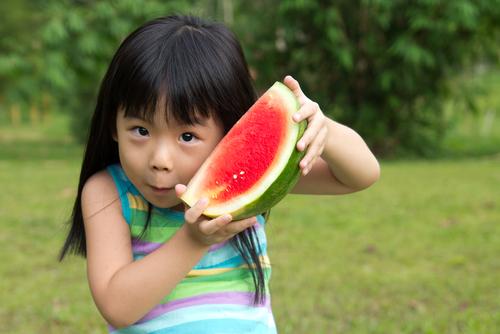Not all conscientious farms, or growers can afford to go certified organic, but that doesn’t mean they’re less healthy. Here’s what I know about the Big O (organic companies):
Organic farms require a USDA certification that they receive after a period of about three years. During that time, they’re considered ‘transitional.’ For a small farm, the expense can come at a prohibitive price tag, and while they may not be certified organic they are still considered “sustainable” in that they are grown locally and uphold similar growing practices. Often these small farms have a reduced carbon footprint because they sell close to home.
Because of the consumer surge in demand for organic foods, large agribusiness corporations have pulled up to the table in an effort to reap the benefits, threatening the existence of these small sustainable farmers and making it harder for them to compete.
Organic meat farmers are required to use feed grown organically and are prohibited from administering antibiotics or hormones to their livestock. Yet when it comes to animal welfare, they are only required to give the animals “access” to outdoors with as little as an open door leading to a cement patio.
On the flip side, sustainably raised meats, such as venison from New Zealand, are grass fed outdoors year-round on free-range ranches without the use of hormones, steroids, or growth promoters. Rainwater and sunshine nourish the pasture the animals graze on without environmentally expensive irrigation, waste disposal, or water-table impact. They’re just not “organic” by label, but they are truly sustainable.
There’s no denying that certified organic foods come from a good philosophical place, offering consumers alternatives to products loaded with artificial chemicals, added hormones, and pesticides. When it comes to food choices, there’s always more than meets the eye. We have to look deeper than the surface of the label.
If you can’t afford all organic produce, opt for sustainable, biodynamic, and locally grown produce where they don’t use harsh chemical pesticides. Prioritize organic animal products, especially dairy, and organic soybeans to avoid GMOs (genetically modified food). The main point, however, is to eat a variety of fresh fruit and veggies daily.
Mareya Ibrahim is The Fit Foody, an award-winning chef on Everyday Health’s Emmy-nominated show “Recipe Rehab,” and author and founder of EatCleaner.com. Her book “The Clean Eating Handbook,” a guide on how to eat cleaner and get leaner, was released in May 2013.





